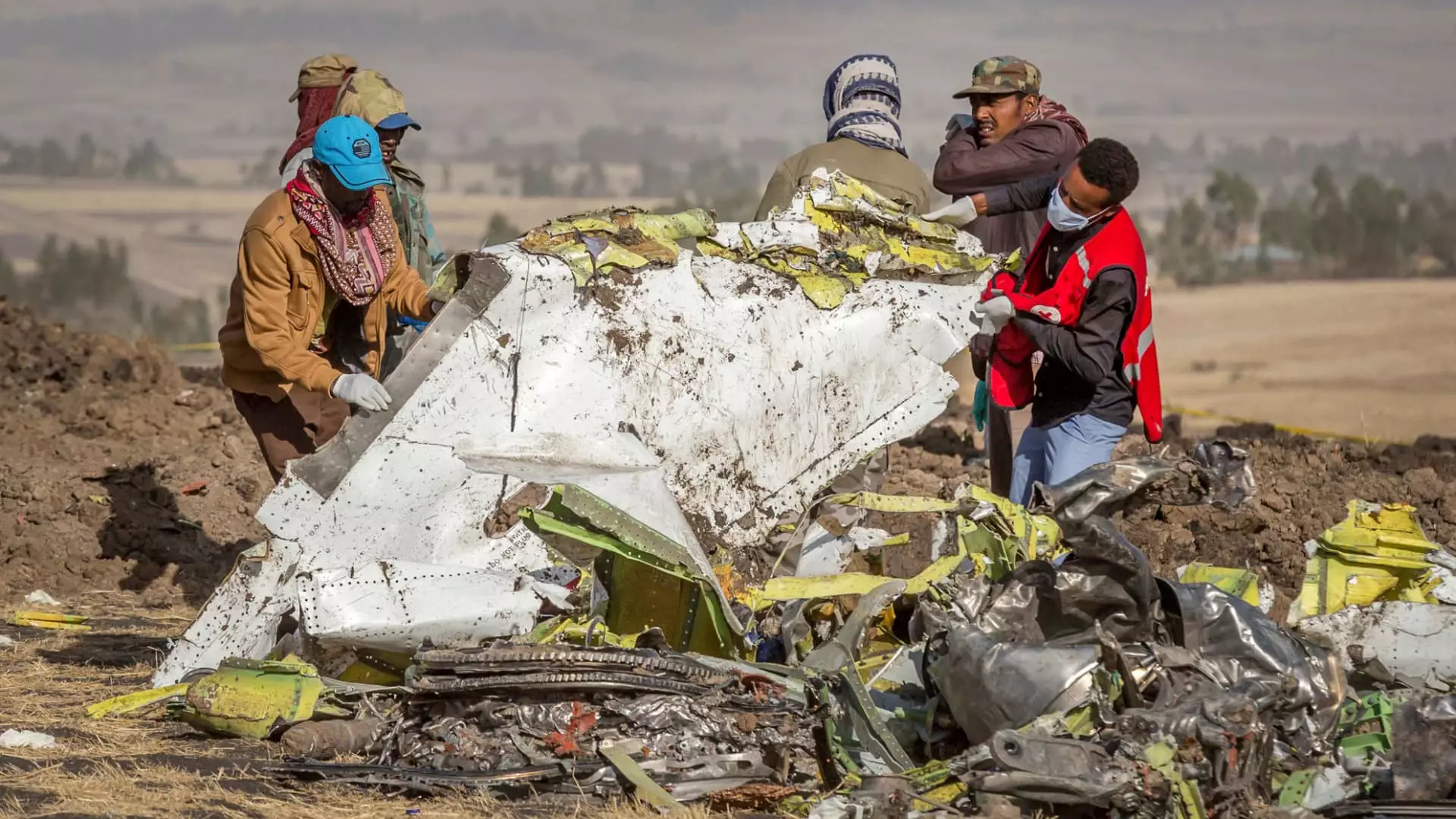Boeing, the U.S. aerospace giant, has recently agreed to plead guilty to criminal fraud related to the fatal crashes of its 737 Max aircrafts. This decision has labeled Boeing as a felon, despite allowing the company to avoid a trial as it attempts to move past the safety and manufacturing crises that have plagued it. The plea deal includes a potential fine of up to $487.2 million, with the Justice Department suggesting that only half that amount be paid, resulting in a reduced fine of $243.6 million. However, before the plea deal can take effect, it must first be approved by a federal judge.
Acceptance of the plea deal could have significant implications for Boeing’s ability to conduct business with the U.S. government as a convicted felon. This could potentially impact Boeing’s defense, space, and security unit, which accounts for about 32% of the company’s nearly $78 billion in revenue. Additionally, the deal mandates the appointment of an independent compliance monitor to oversee Boeing’s adherence to regulations for three years as part of its probation. Boeing is also required to invest a minimum of $455 million in compliance and safety programs as outlined in the court filing. Furthermore, Boeing’s board of directors must engage with family members of crash victims, demonstrating accountability for its past actions.
The Justice Department revealed the details of the plea deal late on a Sunday, months after U.S. prosecutors accused Boeing of violating a 2021 settlement that had shielded the company from prosecution for a period of three years. The plea deal presented Boeing with a difficult choice between admitting guilt and agreeing to the stipulated terms, or opting for a trial instead. This decision came at a crucial time for Boeing, as the company was in the midst of addressing its manufacturing and safety challenges, appointing a new CEO, and finalizing its acquisition of Spirit AeroSystems, the manufacturer of its fuselage components.
Boeing’s current legal troubles stem from its violation of the terms of a deferred prosecution agreement reached in 2021. As part of that agreement, Boeing had pledged to pay $2.5 billion, including a $243.6 million criminal fine, compensation to airlines affected by the crashes, and the establishment of a $500 million fund for the families of victims. However, just days before the expiration of the 2021 settlement, a door panel detached from a Boeing 737 Max 9 operated by Alaska Airlines, raising new safety concerns. An investigation by the National Transportation Safety Board revealed that critical bolts securing the door panel were not properly installed, highlighting potential oversights in Boeing’s manufacturing processes.
The U.S. government has accused Boeing of engaging in a conspiracy to defraud regulators by withholding critical information about a flight-control system installed on the 737 Max aircrafts. This system was later implicated in the crashes of Lion Air Flight 610 in October 2018 and Ethiopian Airlines Flight 302 in March 2019, which resulted in the tragic loss of 346 lives. These incidents have tarnished Boeing’s reputation and raised questions about the company’s commitment to safety and transparency in its operations. The plea deal represents a critical moment for Boeing to address the consequences of its actions and rebuild trust with stakeholders in the aviation industry.

